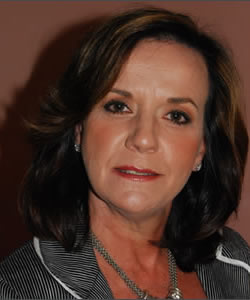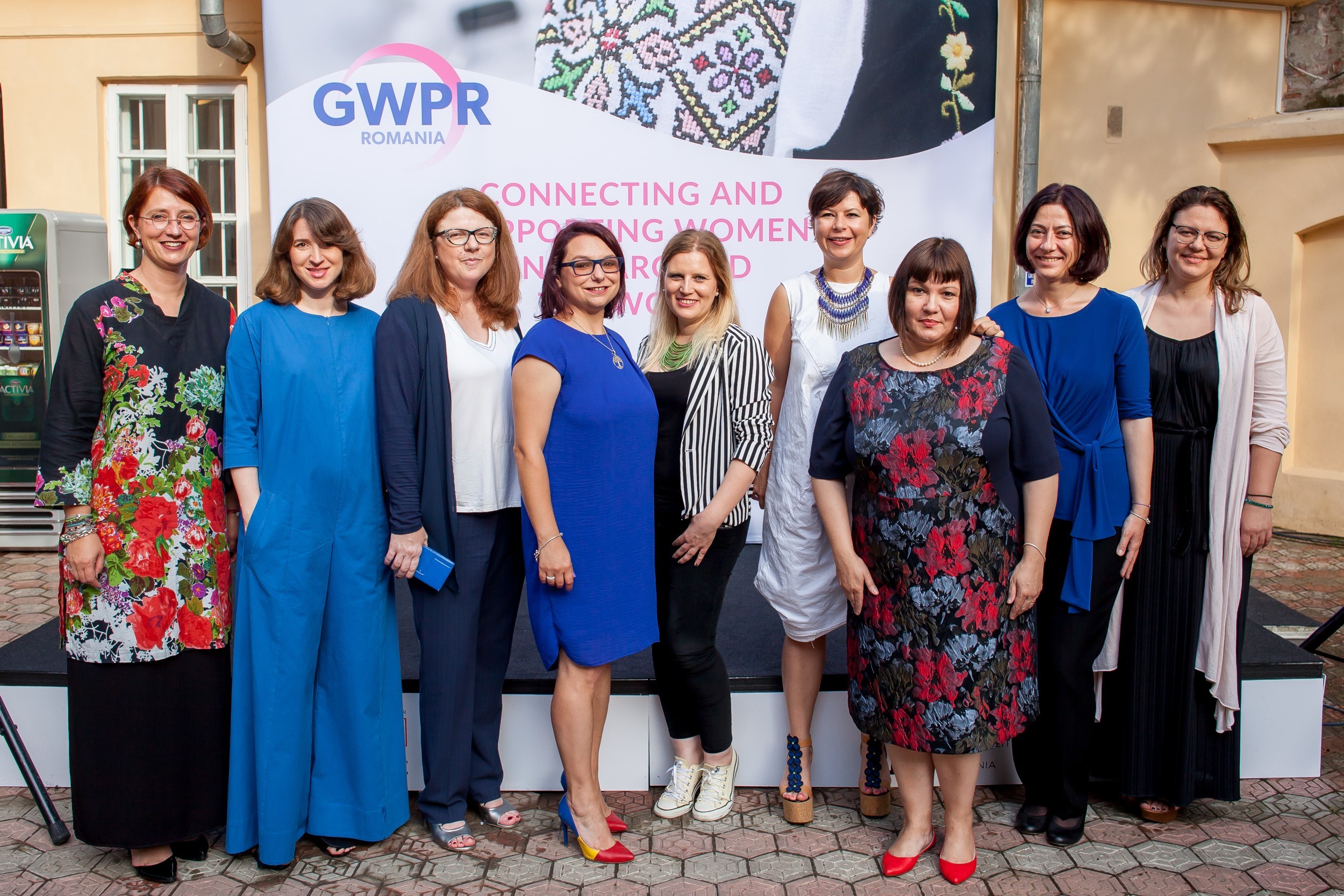Cannes Musings: What’s Creative?
When is something truly creative? The question kept coming up as our jury deliberated over 1,800-plus entries. As you might imagine, the debate was robust.
Just a few years ago, I was spending my evenings during the weeks leading up to Cannes reviewing PR Lions entries online. I had the honor of serving on the 2014 PR Lions jury, and the creative question was top of mind for me even before I packed my bags. Once I arrived in Cannes, I found my fellow jury members – 21 professionals from 19 countries — were asking themselves the same thing. The topic found its way into our dinner conversation and daily jury sessions throughout the week.
No one in the normal course of work and life stops to ask themselves: “Is this idea a creative one?” Rather, it’s a natural reaction you have to something that simply grabs you. You know it when you see it, as the saying goes.
During my time on the jury, I began to think more intentionally about how I defined creativity. I wanted to have a distinct point of view to help me judge campaigns of all shapes and sizes. Here is where I landed:
- Something is creative if it has a fresh take, and puts things in a new light. For example, introducing a new solution to an old problem, which is often seen in fields like technology where innovation really shines and the right insight can spark a truly remarkable concept.
- A creative approach causes me to stop and rethink how I have previously looked at something, and I become more willing to consider changing my beliefs, perceptions or behaviors as a result. Creativity can play a crucial role in changing the conversation about pressing and perhaps long-standing social issues, and inspiring people to finally take action.
- If something is creative, it breaks through the clutter and the mundane. This can often be seen in the simplest ways such as a tweet, an event, a headline or a photograph.
- Creative ideas often surprise and delight by connecting the dots between two otherwise unrelated things. For example, a sponsorship or initiative that brings to life a brand promise or product attribute in a very clever way.
- A creative approach resonates and is relevant. Or as some of my friends from the UK have told me, “It’s just bang on.”
- Not surprisingly, creativity in its finest form evokes an emotional response of some kind, maybe even a visceral reaction. A good story is one of the most powerful ways creativity spurs emotion, especially when it is about people experiencing the ups and downs of real life such as adventure, conflict, love, loss and resolution.
Based on what won that year – Chipotle Scarecrow — and in the years since, creativity is alive and well in the public relations industry. We have a gift for infusing creative thinking into whatever we do, whether it’s an impassioned approach to a cause or social issue, a new product roll-out, or a corporate campaign.
Some of the finest creative work is done in the trenches of PR agencies every day. We just need more of it to show up in Cannes.
Question: How do you define creativity?
By Elise Mitchell
Chairman, Mitchell Communications Group and CEO, Dentsu Public Relations Network
2014 PR Lions Jury Member




